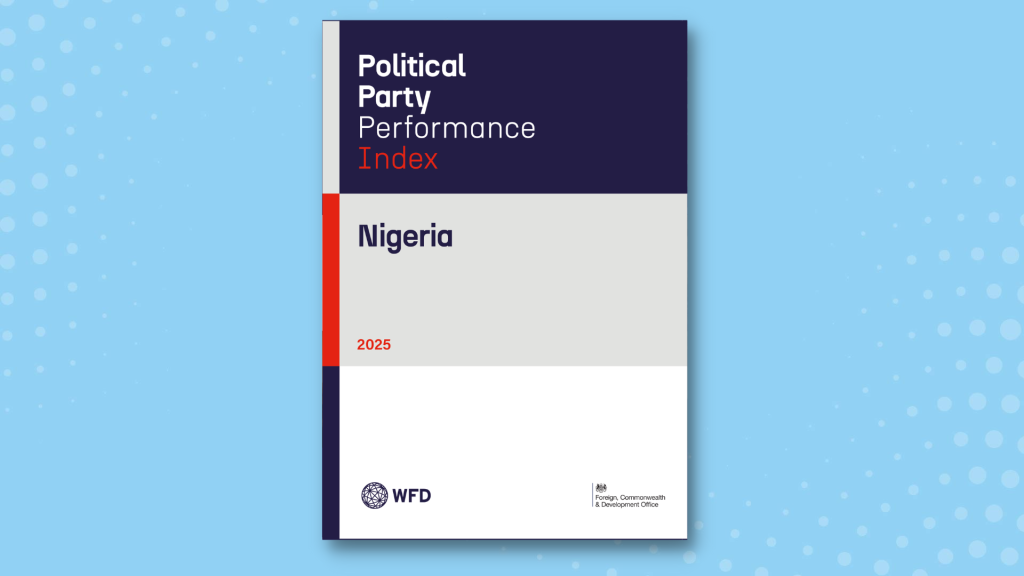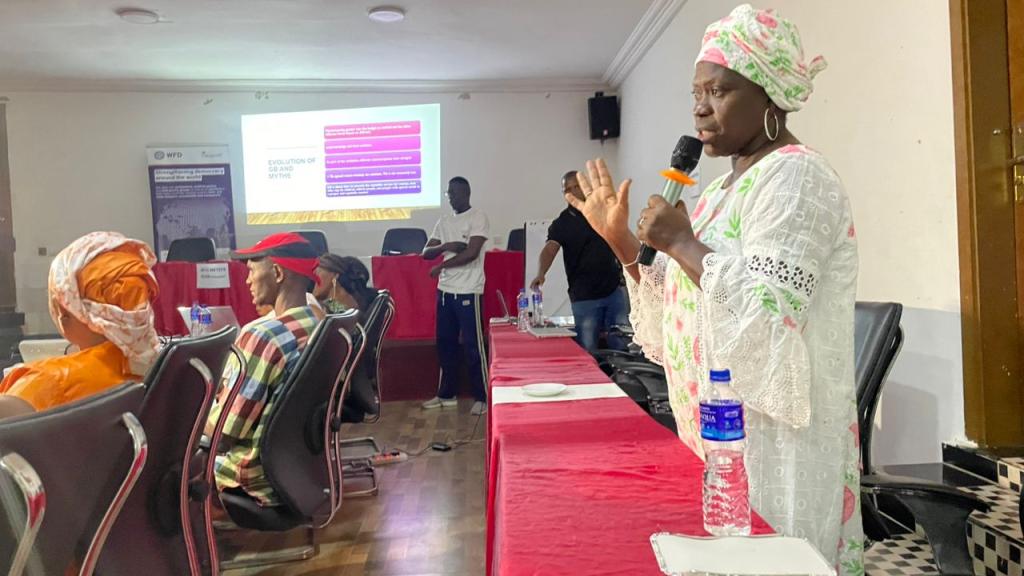This study evaluates the implementation status of the Disability Law across Nigerian states, examining legislative progress, assent, gazetting, and the establishment of disability commissions as key enforcement mechanisms. The findings highlight both progress and critical gaps in disability rights implementation at the state level.
Legislative status across states
States without legislative action: At the time of this report, Akwa Ibom, Bayelsa, Ebonyi, and Rivers had not initiated any legislative process to domesticate the Disability Law. While Kwara State had previously attempted the process, it was not completed, requiring a fresh restart that has yet to commence.
States in legislative process: Benue, Borno, Katsina, and Taraba have begun legislative proceedings but have yet to pass the law, leaving persons with disabilities (PWDs) without legal protection and institutional support.
States that have passed the law but await assent: Delta, Imo, and Ogun have successfully passed the law, but the absence of gubernatorial assent has stalled its gazetting and implementation.
States that have assented but await gazetting: Adamawa, Edo, Enugu, FCT, Jigawa, Kano, Niger, and Kwara have assented to the law but are yet to gazette it or establish disability commissions, delaying its full enforcement.
Fully compliant states: Seventeen states—Abia, Anambra, Bauchi, Ekiti, Gombe, Kaduna, Katsina, Kogi, Lagos, Nasarawa, Ondo, Osun, Oyo, Plateau, Sokoto, Yobe, and Zamfara—have completed all four legislative stages (passage, assent, gazette, and enforcement), making them fully compliant with the Disability Law.
Implementation challenges
Despite legislative advancements, significant obstacles hinder full implementation of the Disability Law:
- Political will and commitment: Many state governments lack urgency in enacting and enforcing disability laws, resulting in slow progress.
- Awareness and sensitisation: Public understanding of disability rights remains limited, with many still engaging PWDs through a charity-based approach rather than a rights-based framework. This reinforces stigma and discrimination.
- Institutional barriers: Many states lack functional disability commissions or enforcement mechanisms which makes it difficult to track compliance. The absence of legal protections, enforcement agencies, and inclusive policies perpetuates marginalization, restricts access to opportunities, and sustains systemic discrimination.
Establishment of disability commissions
A key aspect of effective Disability Law implementation is the creation of disability commissions responsible for enforcement, advocacy, and policy execution. While some states have gazetted the establishment of such commissions, their impact remains minimal due to limited functionality and resource constraints.
Conclusion
The findings underscore the need for stronger political commitment, public awareness, and institutional capacity to fully implement the Disability Law across all Nigerian states. Ensuring the effective establishment of disability commissions and enforcement mechanisms is critical to promoting the rights and inclusion of persons with disabilities.




